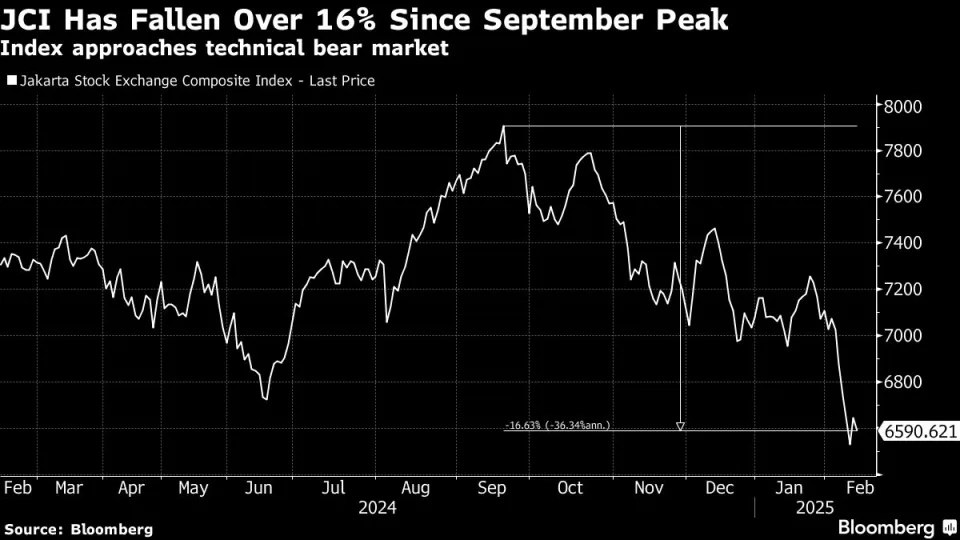Indonesia is set to reintroduce short-selling, a move aimed at increasing market participation and attracting foreign investors. Regulators believe that allowing traders to bet against stocks will enhance liquidity, reduce volatility, and make the market more competitive with regional exchanges.
The decision marks a shift from the cautious approach adopted during the pandemic, when authorities restricted short-selling to prevent excessive market swings. With economic recovery underway and investor confidence improving, officials see an opportunity to introduce more sophisticated trading mechanisms that align Indonesia’s stock market with global standards.
Market participants have welcomed the move, expecting it to bring greater efficiency to Jakarta’s stock exchange. By allowing traders to hedge positions and take advantage of price discrepancies, short-selling could lead to better price discovery and increased trading volume, key factors for attracting institutional investors.
Despite optimism, concerns remain over potential misuse of short-selling, particularly in a market that has historically been prone to speculative trading. Regulators have assured that safeguards, including transparency measures and restrictions on excessive short positions, will be in place to prevent manipulation.
Indonesia’s stock market has lagged behind some regional peers in terms of foreign inflows, partly due to restrictions on trading strategies widely used in more developed markets. Officials hope that easing short-selling rules will encourage more foreign capital, helping to deepen market liquidity and improve overall stability.
Much will depend on how the rule changes are implemented and whether they align with broader regulatory efforts to strengthen investor protections. If managed effectively, the policy could mark a turning point in Indonesia’s capital markets, reinforcing its position as a growing financial hub in Southeast Asia.
For now, traders are awaiting details on execution timelines and regulatory frameworks, with expectations that the move will reshape market dynamics in the months ahead.






















